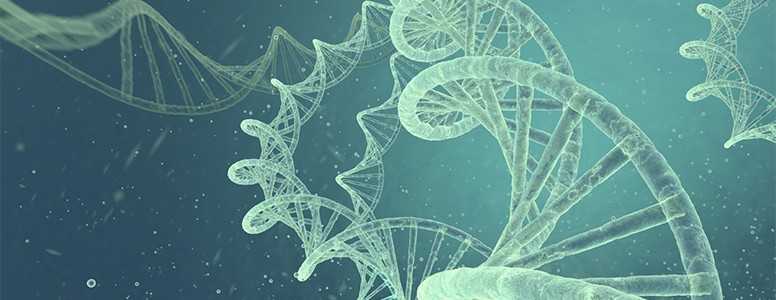A genetic mutation has been discovered which causes high and low blood sugar levels in the same family.
The family studied comprised several individuals who had diabetes, while others had developed insulin-producing tumours known as insulinomas. These tumours typically cause blood sugar levels to drop.
Scientists identified a genetic disorder in a gene called MAFA which regulates insulin production in beta cells, and this was present in both family members with maturity-onset diabetes of the young (MODY) diabetes and those with insulinomas.
When the findings were replicated in a second, unrelated family, researchers confirmed that this genetic defect is linked to both conditions.
First author Dr Donato Iacovazzo from Queen Mary’s William Harvey Research Institute said: “We believe this gene defect is critical in the development of [MODY diabetes] and we are now performing further studies to determine how this defect can, on the one hand, impair the production of insulin to cause diabetes, and on the other, cause insulinomas.”
The scientists from Queen Mary University of London, University of Exeter and Vanderbilt University report that this is the first time a defect in this gene has been associated with a disease, in this case diabetes. However, previous research from researchers in Tokyo carried out in 2006 identified the link between MAFA and MODY.
They also observed that males were more likely to develop diabetes, with insulinomas more common in women. However, the reasons behind this difference are unclear.
Because this gene can lead to two opposing medication conditions, the researchers are optimistic their findings could be used to develop ways of targeting both conditions.
Lead author Professor Márta Korbonits said: “One exciting avenue to explore will be seeing if we can use this finding to uncover new ways to help regenerate beta cells and treat the more common forms of diabetes.”
The results have been published in the PNAS journal.
What's new on the forum? ⭐️
Get our free newsletters
Stay up to date with the latest news, research and breakthroughs.





